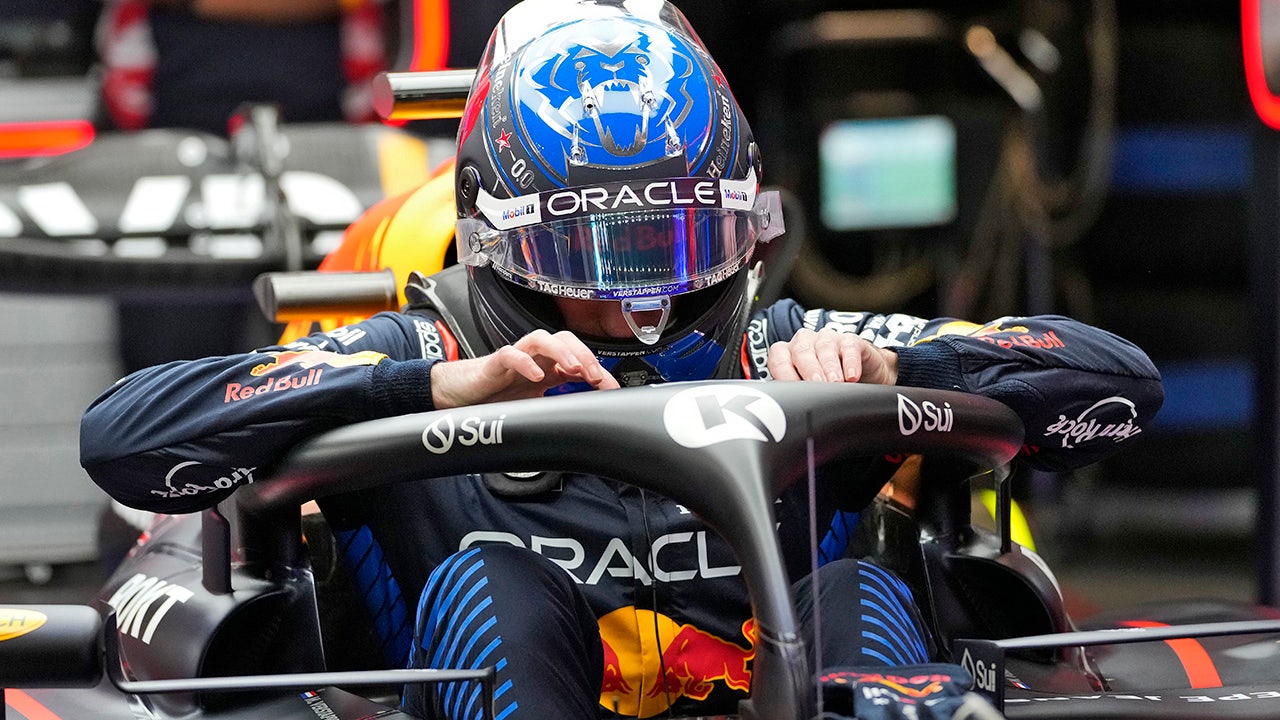Fitness
From 4:30 a.m. wake-ups to treadmill runs: How Sunita Williams fights bone loss, radiation in space

Williams addressed concerns about bone density loss in space. She highlighted the importance of their rigorous daily workout routine, which includes cardiovascular exercises, running on a treadmill, and strength training. “If we don’t work out every day, we’ll lose bone density,” she said. Williams begins her day at 6:30 a.m., while Wilmore starts even earlier at 4:30 a.m.
Wilmore noted an advantage in space regarding joint health. “There are no joint aches in space because there’s no pressure on any joint, which makes it very easy,” he said.
Both astronauts discussed the emotional and mental challenges of being away from home. Wilmore emphasized their training in handling such difficulties, stating, “It doesn’t matter when we get back home. We work the best we can every single day at the ISS.” Williams reflected on life on the ISS and mentioned the unique perspective it provides, saying, “It’s the one planet we have, and we should all really be happy that we’re here together because that’s it—that’s our place.”
Despite missing their families, both astronauts kept a positive outlook on their extended stay. They are trained to deal with unpredictable situations, such as the technical issues with the Starliner spacecraft that delayed their return. They are now scheduled to return next year on a SpaceX flight.
The astronauts also adapt to other challenges in space, including higher radiation exposure and the impact of microgravity, which causes fluid redistribution in the body, often resulting in puffiness.
Williams and Wilmore continue to focus on their mission despite the psychological toll of isolation in space.








